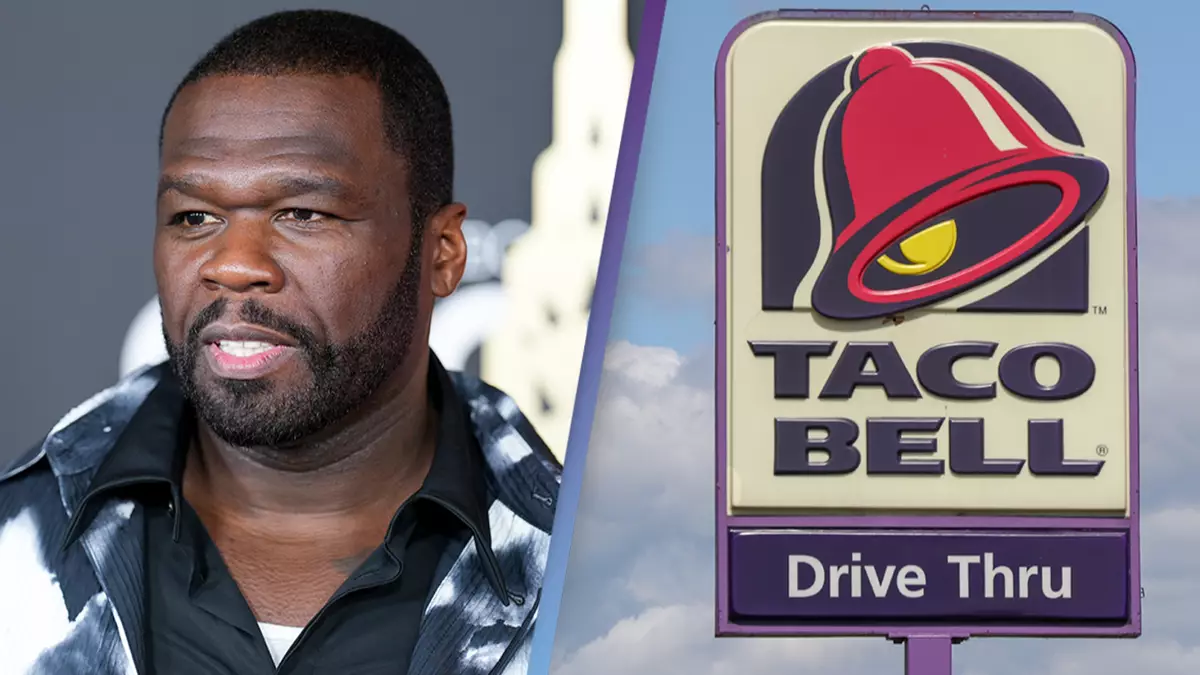Time: 2024-06-25
Rapper 50 Cent, whose real name is Curtis James Jackson III, made headlines back in 2008 when he sued Taco Bell over a joke gone wrong. The fast-food chain playfully challenged the rapper to change his name to 79 Cent, 89 Cent, or 99 Cent as part of their 'Why Pay More?' promotion, which involved significantly reducing prices. However, the letter containing the jest was not directly sent to 50 Cent himself but instead to journalists. This misunderstanding led to 50 Cent and his team filing a lawsuit against Taco Bell.

After the lawsuit, it was reported that 50 Cent emerged as the victor, although the details of the settlement remained confidential. Both parties agreed not to disclose any information regarding the resolution, with 50 Cent's lawyer stating that they were satisfied with the outcome.
The incident between 50 Cent and Taco Bell serves as a reminder of the potential legal consequences of using a celebrity's likeness without permission. It highlights the importance of obtaining authorization when incorporating a public figure into advertising campaigns to avoid legal disputes. The case also sheds light on the power dynamics between corporations and individuals in the realm of celebrity endorsements and promotions.
In conclusion, the lawsuit between 50 Cent and Taco Bell showcases the complexities of celebrity branding and the legal ramifications of unauthorized usage of a public figure's image. It serves as a cautionary tale for companies looking to capitalize on celebrity appeal in their marketing strategies, emphasizing the significance of obtaining proper consent to avoid potential legal issues.